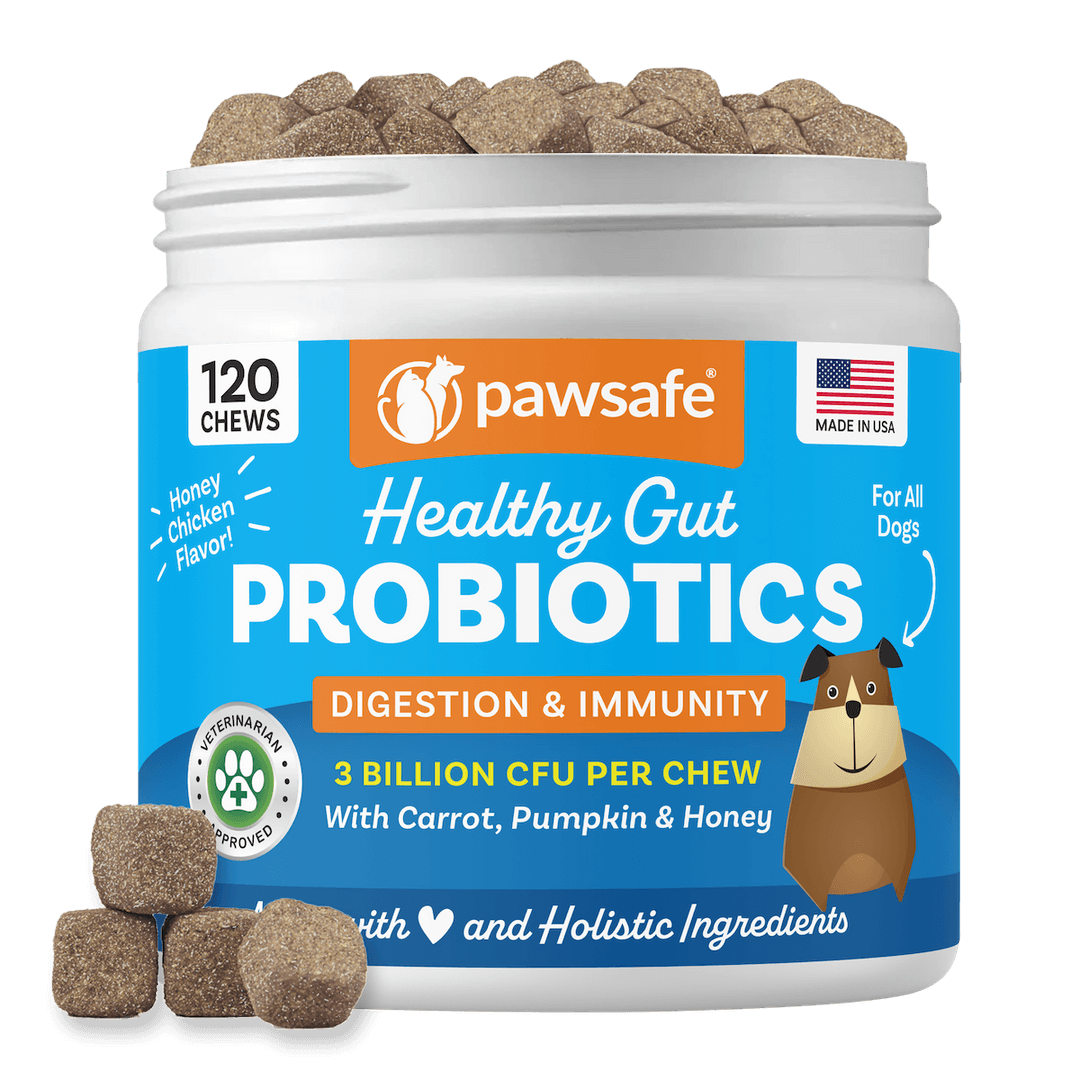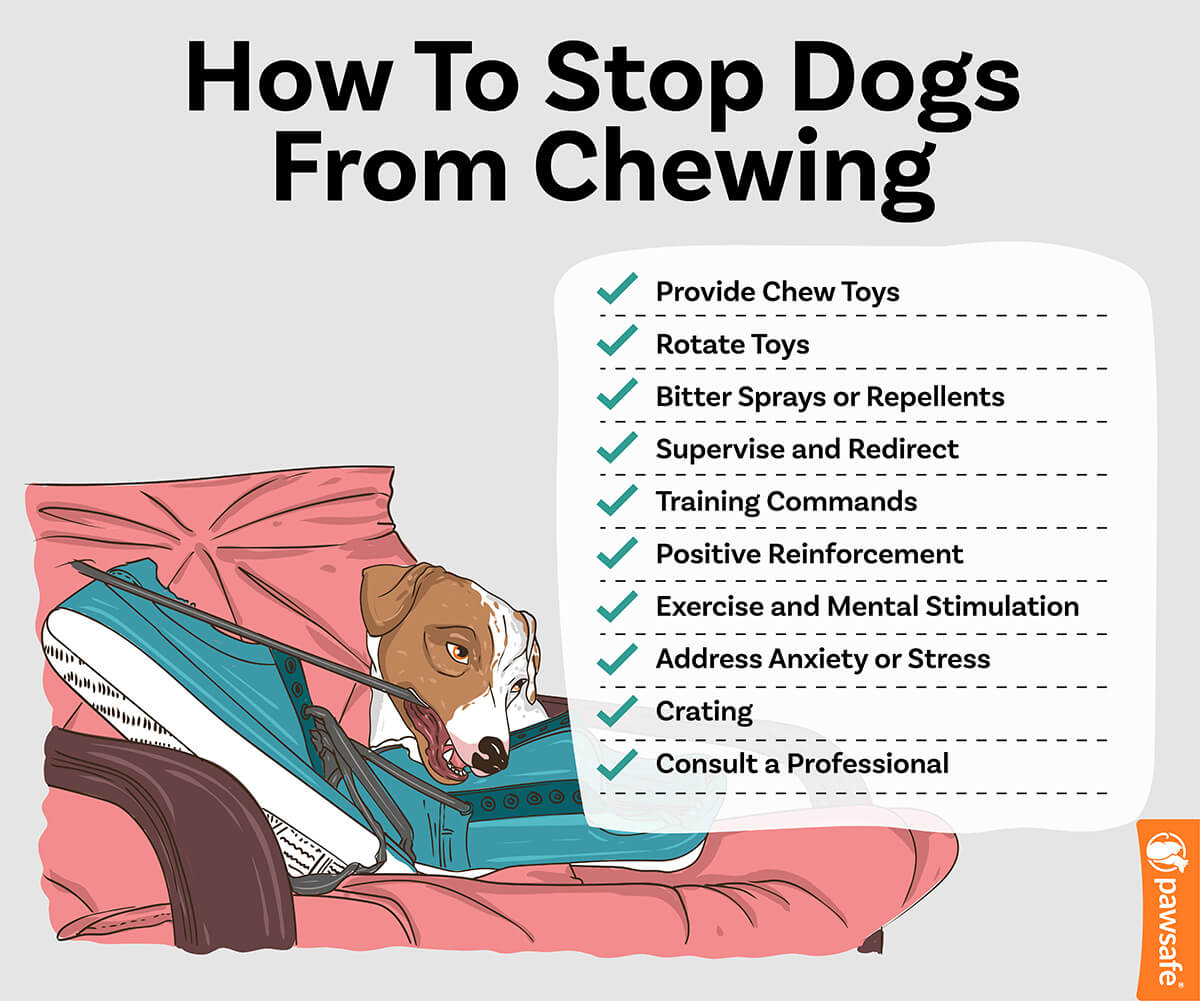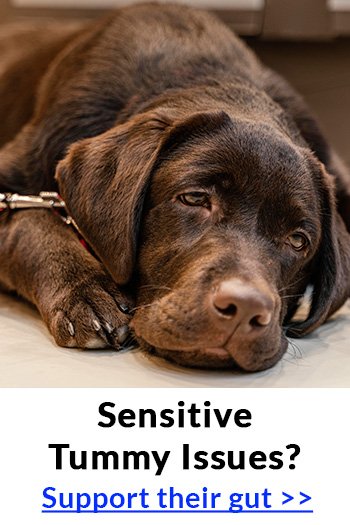
Inappropriate and destructive chewing in dogs can be a major source of frustration. So let’s look at some home remedies for chewing that you can make yourself.
If your dog gnaws on everything in sight, it’s time to combat the chewing problem head-on. Home remedies for dog chewing are becoming increasingly popular. Not only are DIYs pocket-friendly, but they are also fun to do because you get to build stuff from scratch.
Creating a homemade chew spray is quite easy to do once you follow a few simple steps. This article covers all you need to know to make a homemade anti-chew spray. DIY treatments enable you to dodge unknown chemicals abundant in many commercial anti-chew sprays.
Table of Contents
Why Do You Need a DIY Anti-Chew Spray For Your Dog?
DIY treatments provide safe and cost-effective solutions to many of your doggy problems. Making homemade solutions requires adequate information on the individual ingredients to ensure they won’t harm your pup. Their unpleasant smell and taste effectively deter dogs from chewing on household items.
Chewing is part of what you signed up for when you got a dog. For the most part, chewing is perfectly normal, especially among puppies with teething pain. But being normal doesn’t make chewing any less annoying, like when you find your pricy mahogany couch with bite marks.
In other cases, dog chewing is a sign of a bigger issue. Anxious dogs, such as those with social anxiety, often chew on items to distract themselves from the negative feelings. Boredom is another leading cause of excessive chewing as a way to stimulate their brains.
Dogs deficient in some nutrients can compulsively chewing on non-food things, a condition called ‘pica’. Consulting your vet and animal behaviorist prior to using anti-chew sprays is essential to detect any underlying medical conditions.
The DIY dog deterrents we will list below consist of perfectly safe ingredients for dogs. However, you want a quick and secure fix for dog chewing, opt for the PawSafe anti-chew spray. This no chew spray for dogs uses a proprietary human-grade bittering agent, making it even safer for dogs.
Once you are confident that the dog chewing is not medical-related, you can use the natural remedies listed below. The best homemade anti-chew sprays depend on your dog’s individual tolerance for unpleasant tastes, so it is worth experimenting…
Four Homemade Dog Deterrent Sprays
Homemade anti-chew sprays can be as effective as commercial ones but at a fraction of the price. Some pet owners may be concerned about using chemical-ridden products and opt for DIY treatments instead.
The treatments listed below comprise 100% natural products that you can find in your pantry.
Bitter Apple Spray
Bitter apple spray is by far the most common homemade anti-chew spray that’s impressively effective in discouraging chewing. The solution works by introducing a bitter taste and unpleasant smell to the sprayed objects.
Dogs have taste receptors for sweet, bitter, salty, and sour. Just like humans, dogs will avoid substances that have a bitter taste. A dog’s sense of smell is estimated to be a whopping 10,000 to 100,000 times stronger than a human’s.
Because of the strong sense of smell, dogs will detect the unpleasant smell of the bitter apple solution from afar and avoid it. If the smell is not enough, the bitter taste of the solution will get your pup turning the other way.
To make this solution, you’ll need the following:
- 2 parts apple cider vinegar;
- 1 part white vinegar; and
- A clean spray bottle.
Mix the apple cider with the white vinegar in a spray bottle. Ensure that the spray bottle initially contained only consumable products. To be safe, you can purchase a new bottle from your local shop. Spray test on a small section of your furniture to avoid discoloration, although it’s unlikely to happen.
You can read our article on bitter apple spray for dogs to learn more about this dog deterrent. Bitter apple spray is effective against dog chewing, and you can make it in the comfort of your home.
Lemon Solution as a Bitter Spray
You can opt to use lemon juice in place of apple cider vinegar to make a dog deterrent. In this case, use 2 parts of lemon juice and one part of white vinegar. Similar to the bitter apple spray, mix the ingredients and spray the solution to the problem areas.
Some people may be concerned about whether lemons are safe for dogs. Both lemon and lime contain phototoxic compounds such as psoralens which could harm your dog in large quantities. The amount of lemon your dog would ingest while chewing on sprayed items is too low to cause health complications.

Daily Support For Healthy Digestion
Multi-strain probiotic soft chews that help maintain gut balance and stool quality in an easy, tasty format.
Shop Now 👉Vet Approved Formula • 90-Day PawSafe® Promise
Citrus Solutions
Citrus fruits like lime are unpleasantly bitter to dogs. A squirt of citrus juice will discourage your pup from chewing on household items. To make this homemade anti-chew spray:
- Steep 2 cups of peeled orange or lime peels in 4 cups of water;
- Allow the solution to cool; and
- Spray the DIY dog deterrent to all problem areas.
The sharp smell and taste of citrus fruits are unbearable to most dogs. If apple vinegar and white vinegar are not readily available, you can opt for citrus peels.
Hot Spices & Citronella Oil
Hot spices like cayenne pepper are good options for deterring chewing. The issue with using pepper is that it can irritate your puppy’s eyes and nose. You are probably familiar with the uncomfortable sneezing that results from inhaling spices such as cayenne pepper.
Either way, cayenne pepper may be worth giving a try. Steep 1/2 a cup of fresh cayenne pepper in a cup of boiling water and wait until it cools. Add another ¼ cup of citronella oil, as this is a scent dogs detest.
Spray the solution to the items you don’t want puppies to chew. You can also add 1 teaspoon of cayenne pepper powder to some water and spray it on the problem areas.

Other Home Remedies for Chewing in Dogs
Some lifestyle changes can reduce dog chewing dramatically. Anti-chew sprays are beneficial, but they don’t address underlying issues in your dog that causes the chewing in the first place. The following are simple measures to prevent your pup from chomping on everything in sight.
Provide Chew Toys and Safe Bones
Chewing cannot be entirely stopped in dogs, for it is a natural and even necessary behavior. Giving your dog items that they can chew on, such as toys and bones, keeps them from chewing off-limit items. Our article on why dogs chew bones covers proper dog chewing more extensively.
Chew toys offer an avenue for positive chewing in dogs. Chewing is not only pleasurable for dogs, but it also gives them an outlet for pent-up energy. Chewing stimulates the production of the salivary enzyme amylase, which breaks down starches before they feed the bad bacteria in the mouth. Nibbling on toys also scraps off plaque from your pup’s teeth which improves oral health.

Gut & Immune Support In One Chew
Targeted strains assist normal digestion while supporting natural immune defenses—simple once-a-day routine.
Shop Now 👉Vet Approved Formula • 90-Day PawSafe® Promise
Take Your Dog for More Walks
A lack of stimulation is a leading cause of chewing in dogs. Bored dogs will chew on items and even their paws to get the mental and physical stimulation needed. Taking your dog for regular walks offers a safe outlet for bottled-up energy.
The quality time you spend with your pup during walks helps dogs with social anxiety too. We have seen that anxious dogs chew a lot to cope with negative emotions. Spending time with your anxious dog calms them down and directly has a positive effect on excessive chewing.
Crate Train Your Dog
A dog in a crate cannot chew on items in your house. If the chewing is getting out of hand, you can get your pup to stay in the crate when you need to leave the home. Crate training may seem daunting at first, but it’s worthwhile. Your dog’s crate will eventually be a haven where they feel secure.
‘Dog Proof’ Your House
You have probably heard about childproofing a home to prevent children from tampering. The same can be done for dogs when you place items out of reach. If you don’t want your dog to chew on certain objects, keep them away on a high shelf or cupboard.
Final Thoughts
Chewing is perfectly normal for dogs and has benefits like improved oral health. If you have a chewing problem at hand, homemade anti-chew sprays effectively discourage chewing in dogs. A mixture of 2 parts apple cider vinegar and 1 part white vinegar forms a good dog deterrent.
If the destructive chewing only happens when you have left, it’s probably due to social anxiety. Visiting an animal behaviorist for treatment and crate training help minimize social anxiety and the chewing it induces. Walk your dog often to prevent chewing from boredom.









